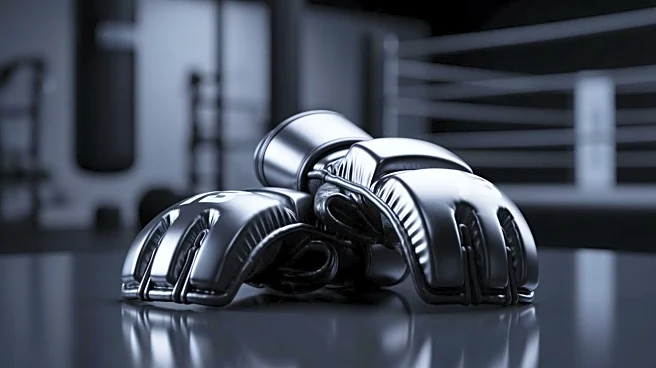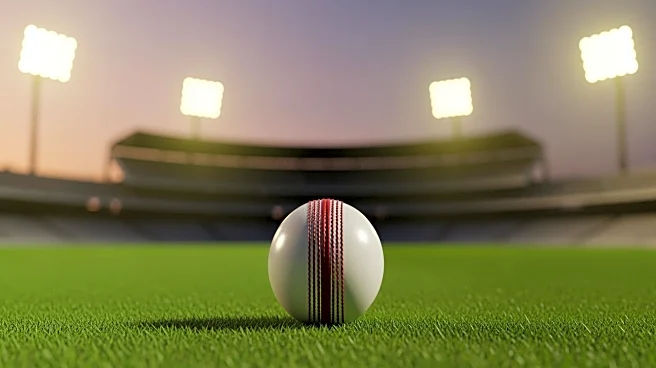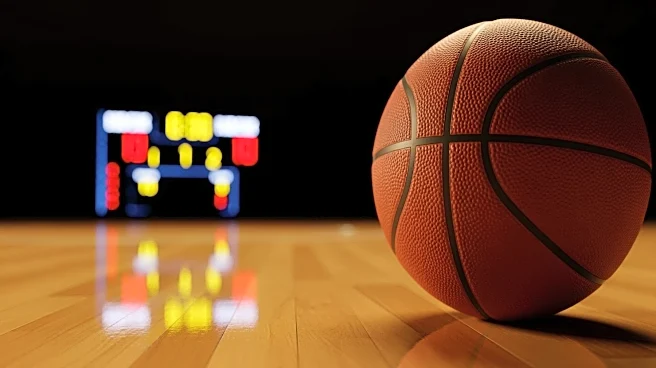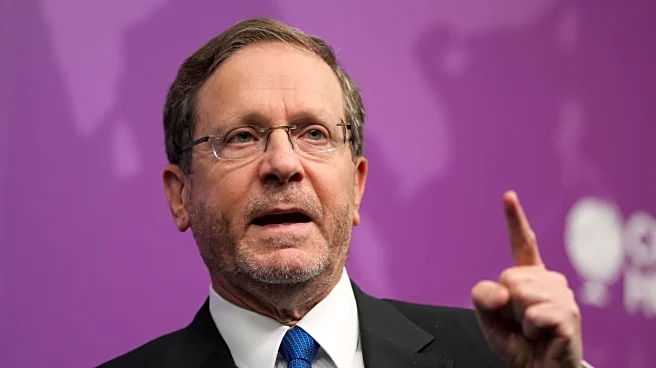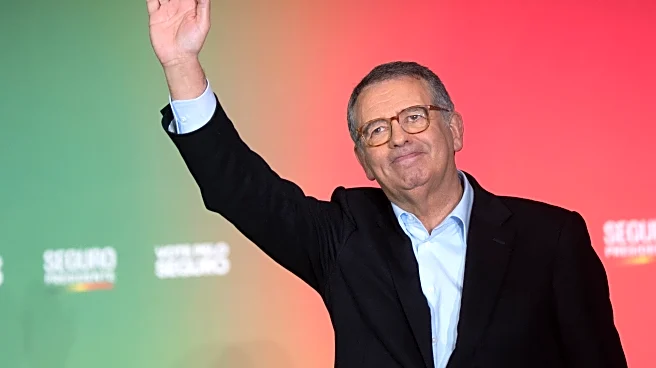What's Happening?
Former UFC fighter Irina Alekseeva has addressed criticism from fellow fighter Yana Santos regarding her departure from the UFC. In an exclusive interview, Alekseeva responded to Santos' social media post that questioned Alekseeva's performance and doping
allegations. Alekseeva defended herself by stating that the doping incident was a mistake by USADA and expressed disappointment that Santos chose to air grievances publicly rather than privately. Alekseeva also highlighted her past support for Santos, particularly after Santos faced criticism following a fight with Cyborg. Alekseeva's UFC contract was not renewed after a recent loss, leaving her with a 1-3 record in the promotion.
Why It's Important?
This exchange highlights ongoing tensions and the competitive nature within the UFC community. Alekseeva's defense against doping allegations and her critique of public criticism reflect broader issues of athlete reputation and the impact of social media on personal and professional relationships. The situation underscores the challenges athletes face in maintaining their public image amidst controversies. The UFC's decision not to renew Alekseeva's contract also points to the high stakes and performance pressures in professional fighting, affecting athletes' careers and public perceptions.
What's Next?
The public nature of this dispute may prompt further reactions from the MMA community, potentially influencing how athletes engage with each other on social media. Alekseeva's future in MMA remains uncertain, and her next career moves could be closely watched by fans and industry insiders. The UFC's handling of athlete contracts and public disputes may also come under scrutiny, possibly affecting its policies on athlete conduct and communication.
Beyond the Headlines
This incident raises questions about the role of social media in sports, particularly how it can amplify personal conflicts and affect athletes' mental health. The situation also highlights the importance of transparency and communication in resolving disputes, both publicly and privately. The broader implications for athlete support systems and the handling of doping allegations in sports could lead to discussions on improving regulatory frameworks and support for athletes facing similar challenges.
